Francisco Riaño
Retail: How is probably going to change the distribution retail channels after the pandemic?
- Francisco Riano
- No Comments
Retail: How is probably going to change the distribution retail channels after the pandemic?
The current context has forced us to change some of our daily habits and routines, things like working, training or studding have changed dramatically and probably are not going to be the same as before. Shopping is not the exception specially in the consumer goods industry. But, how is likely to change the way that we do our grocery purchases?
In the retail industry, traditionally the big groups (Walmart, Tesco, Grupo Exito) have wielded their conditions on the industry, making thus, that these are skewed in their favor. If we use the Porter’s model of the 5 forces, we could infer that in this specific economic se ctor, the power of buyers and suppliers have been traditionally too low, affecting negatively the conditions of its providers and the consumers too. The suppliers in this industry, for instance, have been affected considerably in the accounts receivable terms, and the consumers or shoppers have been affected due to the lack of changing dynamic prices produced by the weak competition among this big retail groups. After all these models tend to create oligopolies or even in the worst of the cases monopolies. These big competitors have gathered so many powers that have even limited the entrance of new participants.
ctor, the power of buyers and suppliers have been traditionally too low, affecting negatively the conditions of its providers and the consumers too. The suppliers in this industry, for instance, have been affected considerably in the accounts receivable terms, and the consumers or shoppers have been affected due to the lack of changing dynamic prices produced by the weak competition among this big retail groups. After all these models tend to create oligopolies or even in the worst of the cases monopolies. These big competitors have gathered so many powers that have even limited the entrance of new participants. 
Fortunately, the pandemic has accelerated dramatic changes in our society. Is clear that technology and innovation tends to create decentralized new business models. For instance, we are seeing how blockchain is affecting positively the financial sector, through the decentralization of the wielders of the transactions data. In the retail sector exist the opportunity to propel the entry of new, small and independent competitors to the market. After all, and according to a research carried out by the consulting firm Innosight, in the retail sector, the consumers are not just less willing to buy processed products, but also are less willing to spend big amounts of time shopping even if it means to do trips more frequently in order to get their supplies. Another point that fosters this argument is that persons during the pandemic have developed a “resistance” to share closed spaces with high crowds, making more feasible to small, specialized and independent stores to grow up.
In Latin America it exists yet huge opportunities to propel independent business and make them more competitive. According to the ILO (International Labor Organization) in Latin America in average 53% of the economy depends on the informality, being thus, one of the highest rates in the world.  This informality, with entrepreneurship lens, represent a tremendous opportunity to strength independent business and thus, making more competitive the retail sector in our countries. The pandemic has shown us also the importance of being digital beings and basically in this statement lays down another important point that have to be developed in order to innovate in the sector. In accordance with the CEPAL (Comisión Económica para América Latina y el Caribe) the internet penetration barely surpasses 70%, this represents another huge opportunity, bearing in mind that the pandemic has accelerated the digitalization of several factors in our daily lives. In my opinion the big consumer goods products and start ups has to develop business models where they could foster the usage of technological tools in the owners of independent retail business who do not deal normally with this kind of tools given their context and the current conditions y the retail sector. Also, actually one more disruptive approach says that even the peddlers, that we have seen so many times in public spaces, could be more “formalized” through the creation of secure, innovative and professional conditions for them to work in public spaces, without the necessity of fixed stores, and also supported by technology too.
This informality, with entrepreneurship lens, represent a tremendous opportunity to strength independent business and thus, making more competitive the retail sector in our countries. The pandemic has shown us also the importance of being digital beings and basically in this statement lays down another important point that have to be developed in order to innovate in the sector. In accordance with the CEPAL (Comisión Económica para América Latina y el Caribe) the internet penetration barely surpasses 70%, this represents another huge opportunity, bearing in mind that the pandemic has accelerated the digitalization of several factors in our daily lives. In my opinion the big consumer goods products and start ups has to develop business models where they could foster the usage of technological tools in the owners of independent retail business who do not deal normally with this kind of tools given their context and the current conditions y the retail sector. Also, actually one more disruptive approach says that even the peddlers, that we have seen so many times in public spaces, could be more “formalized” through the creation of secure, innovative and professional conditions for them to work in public spaces, without the necessity of fixed stores, and also supported by technology too.